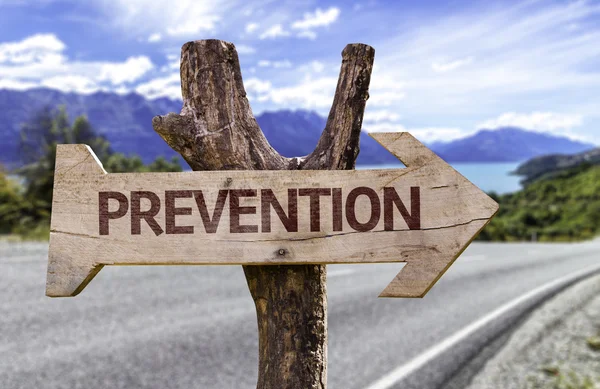
In the Eyes of the Believer column of the Catholic Times a parish priest gives us a meditation on the recent deaths in Korean society.
There have been unfortunate deaths in our society. In September, a stalking and murder case of a station worker occurred at Sindang Station on the Seoul Subway Line. The perpetrator carried out an elaborate retaliatory murder for being shunned after persistent harassment. It was the death of a young female worker, where we have the victim's lack of action, the police's negligent response, the court's dismissal of the arrest warrant, and the state's unfamiliar stalking punishment law ultimately prepared the way for the death of the victim.
In October, one month after the murder at Sindang Station, a young female worker who was making bread at a bakery factory died. She was caught in a machine in her high-intensity labor without the least amount of safety equipment. It was an accident ready to happen, not just an accident. Nevertheless, the company continued to operate part of the factory the day after her death, and her colleagues were at work the next day. Citizens launched a boycott, saying they would not buy bread made by such an unscrupulous company.
At the end of October, the Itaewon disaster caused the loss of many young people in an instant. It was an unexpected misfortune for the young people who poured into the streets to enjoy Halloween, which was resumed after three years due to COVID-19. The national mourning period was set until November 5, and places for burning of incense were installed in several places. However, the government recommended that "victims of the disaster" in Itaewon be labeled as deaths from accidents. With this as the background it seemed there was an intention to make the victims of the disasters and their actions at the scene responsible for the problem, and to shift responsibility only to the front-line police.
The deaths listed above are strictly 'deaths of society'. Capital and power try to avoid responsibility by making them accidental deaths on a personal level and by
reducing the events to accidents they hold individuals accountable. However, although accidents are limited to personal misfortunes that occur unexpectedly like traffic accidents, disasters are unexpected events worthy of the attention of many for causing large-scale loss of life and causing a social problem. Forces with impure intentions try to reduce the incident to an accident and cause it to be forgotten.
When the concept of catastrophe or victim is used, unfair and unfortunate deaths have social and communal dimensions. When accepted as an event, we all become aware of the common fate involved in the accident, and recognize the deaths of people who are not related to me as the deaths of those who are related to me. Look at the numerous notes posted at the memorial site! Most of the contents are 'I will not forget' and 'I will remember'. In other words, when we remember 'your death', we too will experience death, and through sharing this experience, we become a 'community of mourners' and become a driving force for a new society and a new political community.
Someone said: "We can be perpetrators, bystanders, or saviors, depending on the relationship we have with the victim at the scene of suffering." In Luke’s Gospel, 'The Parable of the Good Samaritan' (10:29-37) shows the robber as the 'perpetrator', the priest and the Levite as the 'bystander', and the Samaritan as the 'savior'. Who are the neighbors of the victims of those who have died in society and share their heartache and pain together?
Therefore, we need to form a 'community of mourning' through solidarity of sorrow for those who have died and those left behind, and practice more realistic and practical alternatives than have been used in the past.
The truth must be thoroughly investigated, the resulting strict responsibility, and prevention of recurrence must be made so that their death is not in vain. A conscious awareness of solidarity will be needed to prevent any more unjust deaths in society.